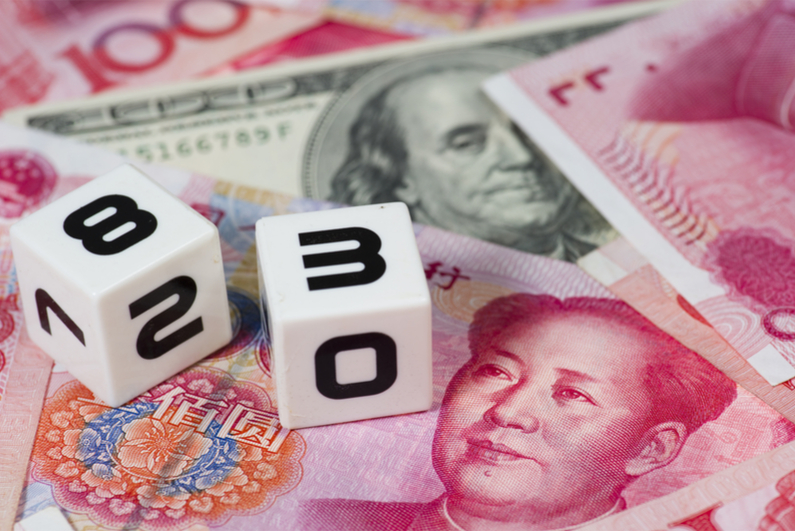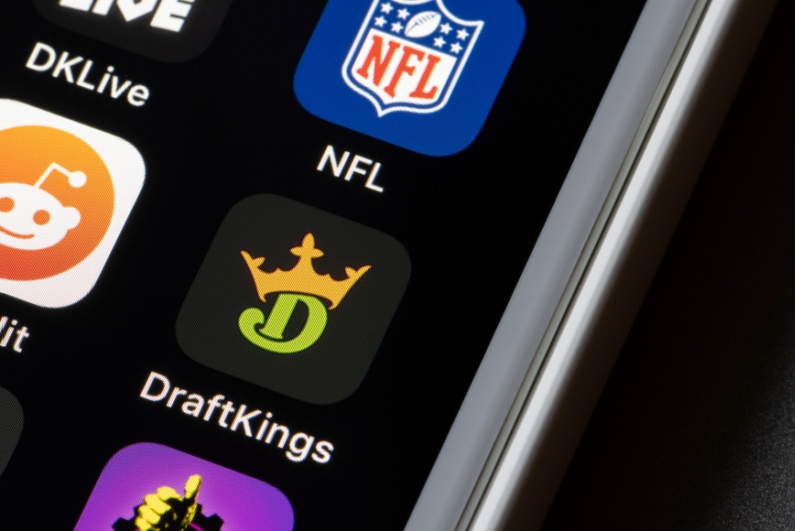China’s de-facto ruler for life, Xi Jinping, has ambitious – or sinister – plans for China to dominate the internet. Could it ultimately impact online sports betting companies and their customers?
It’s Monday, so let’s start the week with something modest: world domination.
Over the next few years, a war will be fought over the future direction of the internet. On one side is the free, open web we have in the West. On the other, the censorship and control favored by China and an increasing number of emerging economies.
Xi Jinping has already introduced and implemented China’s “Belt and Road,” the land and sea initiative designed to extend China’s influence into a great many of the world’s emerging markets and secure the raw materials and natural resources that the country’s ever-expanding economy requires.
But there is another initiative close to Xi Jinping’s heart that has the potential to affect us all: China’s bid to define the future shape of the internet; worryingly, it is a model that is gaining traction around the world.
What is China planning?
For almost half a century, the US has guided the development of the internet from a small Pentagon program to the global platform we see today. But this may not continue, as Xi Jinping sets out to turn China into a “cyber-superpower.”
Through domestic regulations, technological innovations, and foreign policy, China aims to build an “impregnable” cyber-defense system. Ostensibly, that will foster more world-class Chinese companies and give China the world leadership in advanced technology; it might also just completely change the way we can use the web and the sites we can access.
Xi Jinping has already created a powerful government body to centralize China’s cyberspace policies. It has introduced dozens of regulatory and technical standards that give the Chinese government control over all aspects of the internet, from the underlying infrastructure, to the flow of data, to the information that is available, to the software used to access the internet and the hardware that controls everything from e-commerce to industrial control systems.
Why is China doing this?
China has three key aims in taking this action:
- First, it wants to defend itself against cyberattacks and to keep any stolen data off the black market.
- Second, the government wants to support domestic industry and make China much less reliant on foreign technology
- But third, and most worrying, the government wants to control and monitor the economic, social and political information available online. Freedom House already ranks China as the world’s “worst abuser of internet freedom,” noting that the government and its agencies employ “hundreds of thousands, if not millions, of people to monitor, evaluate and censor online content.” Want an example of that? The latest Winnie the Pooh film is banned in China because too many people scurrilously tweet that Winnie the Pooh looks exactly like the Beloved Leader.
How have other countries reacted?
The position looks bleak in China, and it is not going to improve any time soon. The big problem is that an increasing number of countries are eagerly leaping on the Chinese bandwagon.
Russia – no surprise there – has an internet model very similar to China’s. Vietnam recently adopted a cybersecurity law that mirrors China’s, and India has also imposed indigenous technical standards.
Perhaps the most worrying developments though are in Africa. Back in 2015 China selected Tanzania as a pilot country for “China/Africa capacity building.” Simply put, that means “we will invest in your economy in return for raw materials.”
Since 2015, Tanzania and several other countries have introduced cyber-crime laws and restrictions on content and blogging that exactly mirror China’s. Tanzania’s deputy minister for communications explained: “Our Chinese friends have managed to block media in their country and replace it with homegrown sites that are safe, constructive and popular.” George Orwell could not have put it better.
How could this impact gambling?
Simply put, if companies and organizations want to deal with China, their hardware and software will have to meet Chinese standards, and the data is going to be stored in China. But, with more and more countries adopting the Chinese method of internet control (and, you suspect, a good many Western leaders itching to do the same), the question of who controls your data is going to become ever more relevant.
For now, nothing is going to change. But this is a long game. Ten years from now, the gambling landscape could look very different, and it does not look like good news for online betting companies or their customers.
As more countries adopt the Chinese model of internet control, they are going to demand that data is stored in their country. If you think the EU’s “right to be forgotten” under the GDPR regulations is going to protect your data, then you need to re-assess your thinking, and quickly.
Online gambling companies could very quickly find themselves facing a much harsher regulatory regime in many countries. Yes, they provide tax revenue and jobs for their “host” countries, but what government wouldn’t swap that for control over its citizens’ data?
The companies’ customers may soon find that their data is nowhere near as secure as they thought it was. Maybe the answer will be to open accounts with sports betting companies in the US, presumably one country that will resist the Chinese drive to control data.
Am I being alarmist?
You may think this article has been a little alarmist. But one last thought: When I went online on Friday morning, one of the first stories I saw was this one: “Google staff attack censored China search engine.” Having quit China eight years ago in protest at the country’s censorship laws and alleged government hacks, Google is allegedly now building a censored search engine for the Chinese market.
Google staffers say it raises “urgent moral and ethical questions.” Too right it does. And today there is a story, reported on by my colleague Gina Clarke, that Apple has pulled 25,000 gambling apps following criticism by the Chinese state. Don’t say we didn’t warn you.



